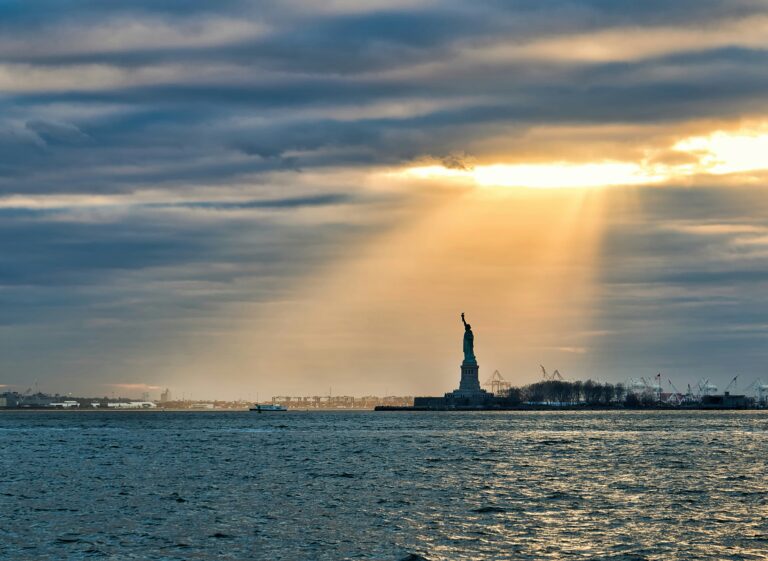
Former NFL player Ron Freeman has lived a life marked by contrast, division and unity, rejection and acceptance, hardship and opportunity. Today, he’s using that journey to help Americans take a second look at how we talk about race and how far we’ve come.
Growing up in Missouri’s “Little Dixie” during the tail end of segregation, Freeman remembers a world where skin color dictated everything. “We had sundown towns,” he recalled, describing neighborhoods where Black residents knew not to linger after dark. Though integration had technically begun, racial divisions remained deeply ingrained in the culture.
As a young boy, Freeman harbored anger. Inspired by the Black Panthers, he believed resistance, possibly even violence, was the only way to confront injustice. But that mindset was shaken when a white teammate, Charlie Wolf, invited Freeman to his home. Freeman hesitated, knowing Charlie’s father hadn’t spoken to a Black person since being abandoned by Black soldiers during WWII. Still, he went.
To his surprise, Charlie’s father was kind and welcoming. “That day changed everything for me,” Freeman said. “They accepted me like family.”
That shift in perspective didn’t erase the challenges Freeman faced, but it redirected his path. He pursued football, earning a spot at Pittsburg State and later signing with the Buffalo Bills. He also played in the USFL before finishing his pro career with the Kansas City Chiefs. After retiring, Freeman served as the team’s chaplain and began a new chapter as a speaker and author.
His latest book, Rethinking Race: It’s Better Than We’ve Been Led to Believe, challenges the modern narrative around race, arguing that while America’s past is complicated, it’s also full of progress worth celebrating.
“We’ve got to stop pretending nothing has changed,” Freeman said. “Over 360,000 Union soldiers died to end slavery. That’s not just history, that’s legacy. That’s something we should be proud of.”
Freeman’s message is grounded in faith and a belief in the shared humanity of all people. He calls for a move away from divisive ideologies that cast people as either oppressors or victims based on race alone.
“When we see each other as people first, people made in the image of God, we can start to build something better,” he said.
With a massive influx of new border funding now on the table, policy experts and…
As states confront the growing cost of caring for an aging population, one question is…
What starts as a small-town annoyance doesn’t usually end in statehouse leadership, but for Illinois House Minority Leader Tony…
At a time when political tensions are already running high, a renewed fight is emerging…
A growing number of families across the country are rethinking how and where their children learn. As…
Louisiana is in the midst of a political and economic turnaround, and one of the people helping drive…